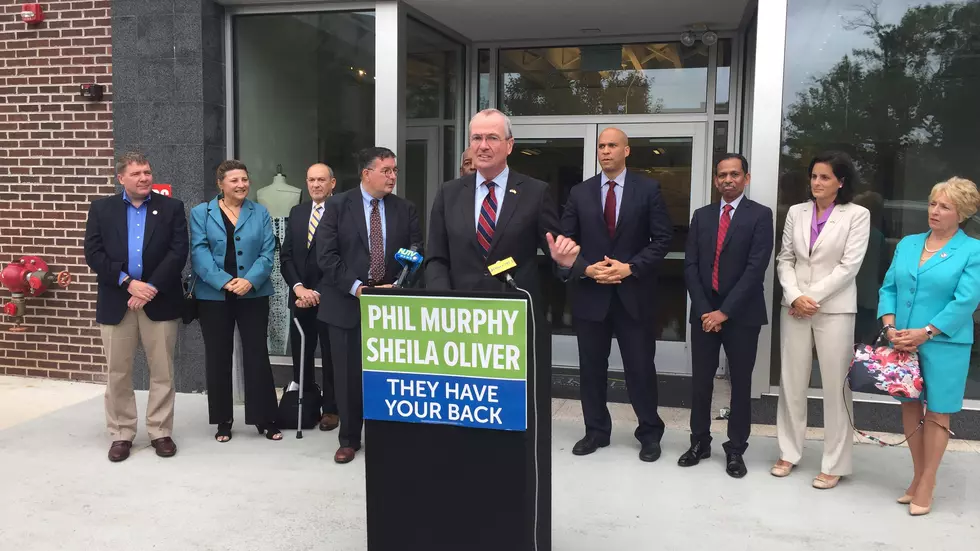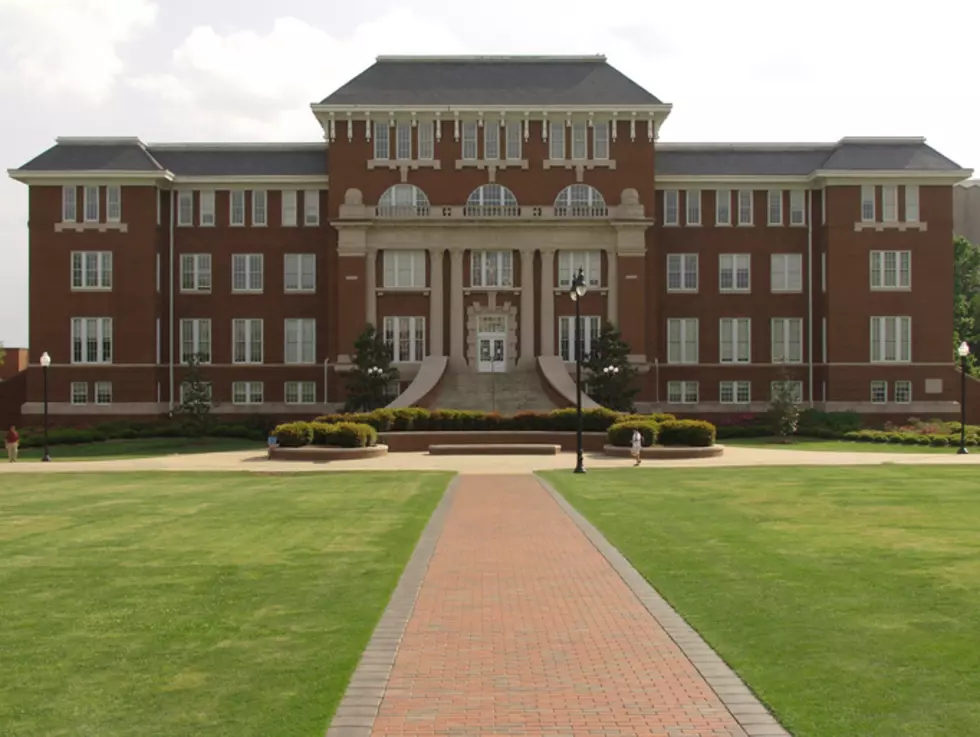![A New Way to Pay For College Education in NJ? [POLL/AUDIO]](http://townsquare.media/site/385/files/2013/08/74129993.jpg?w=980&q=75)
A New Way to Pay For College Education in NJ? [POLL/AUDIO]
Legislation set to be introduced soon would eliminate tuition and fees at New Jersey colleges, and instead allow students to payback their school with a portion of their salary after graduating. The measure, to be sponsored by Assemblyman Celeste Riley, would establish a Higher Education Tuition Study Commission for the purpose of studying the creation of a pilot program called "Pay Forward, Pay Back." The program would replace the system of charging students tuition and fees for enrollment at public institutions of higher education and instead allow them to pay back a percentage of their income upon graduation for a to-be-determined number of years.
"They (the students) would actually sign a contract," explained Riley. ""The contract would say that upon graduation and employment they would agree to pay a percentage of their earnings back to the college. That would create a fund for those students that are coming into program later."
If the commission decides this is a good idea, it will submit a proposal for the program to the Legislature, which:
- Identifies one or more public institutions of higher education to participate in the program.
- Allows students who are residents of the State and who qualify for admission to enroll in the institution without paying tuition or fees.
- Provides that, in lieu of paying tuition or fees, a student must sign a binding contract to pay back a certain percentage of his annual adjusted gross income upon graduation for a specified number of years.
- Specifies the number of years and the percentage of income for contracts at each participating institution.
- Establishes an immediate funding source for the first 15 to 20 years of the pilot program, and includes the establishment of a revolving fund to deposit payments made under the program.
"This is a way for someone to step up and say, 'Look I got my college tuition for free. I'm going to go to school and I agree to help someone else go to school,'" said Riley. "That's why I'm very excited about this."
The bill directs the commission to issue a report no later than twelve months after the panel organizes. Oregon already has a panel of experts exploring the very same idea. Riley thinks there's another benefit for New Jersey.
"We need a highly educated, trained workforce and if we're not providing affordable education for our students then they're going to find education someplace else," said Riley. "There are states offering scholarships to students in the State of New Jersey because we have great, highly educated high school graduates. They want those kids. This is a great way to keep them."
More From New Jersey 101.5 FM









